35 ton Class A/ Class B tank Profile and Models
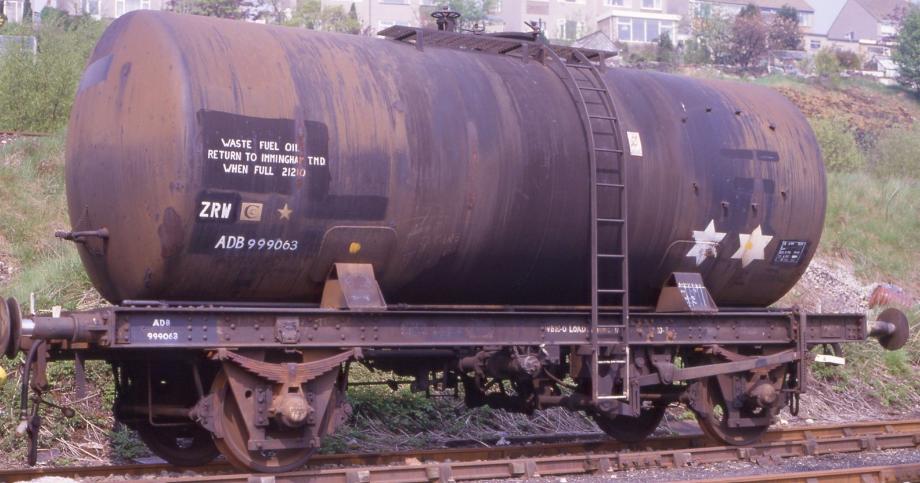
ADB999063 at Buxton in May 1987. ©Huw Millington
|
Following the modernisation plan of 1955 British Railways identified a need for faster, higher capacity wagons to cater for rapidly growing petroleum traffic. Working with Esso, Charles Roberts Ltd developed a new design with a capacity of 35t – the result the 35t Class A and Class B tank wagons. The wagons were designated Class A and Class B (depending on the contents) and hundreds were built. As well as petroleum products they were also used for chemicals and molasses. From 1960 a modified suspension was introduced, and examples of the wagons remained in service into the 1990s. They operated in long block trains and also as smaller cuts in mixed freight trains, and were hauled by anything from 9Fs, 8Fs or Black 5s to pairs of BRCW Type 3s, Sulzer Type 4s or EE Type 3s. (Information provided by Revolution Trains) |
|
|
Type of Vehicle |
Tank Wagon |
|
Builder |
Charles Roberts Ltd |
|
Build Dates |
Late 1950s/ 1960s |
|
Total Built |
Hundreds |
|
Wheel Configuration |
4-wheel |
|
Operated By |
British Railways Private Owner |
|
Main Duties |
Petroleum transport |
|
In Service Until |
1990s |
|
Surviving Examples |
Some in preservation |


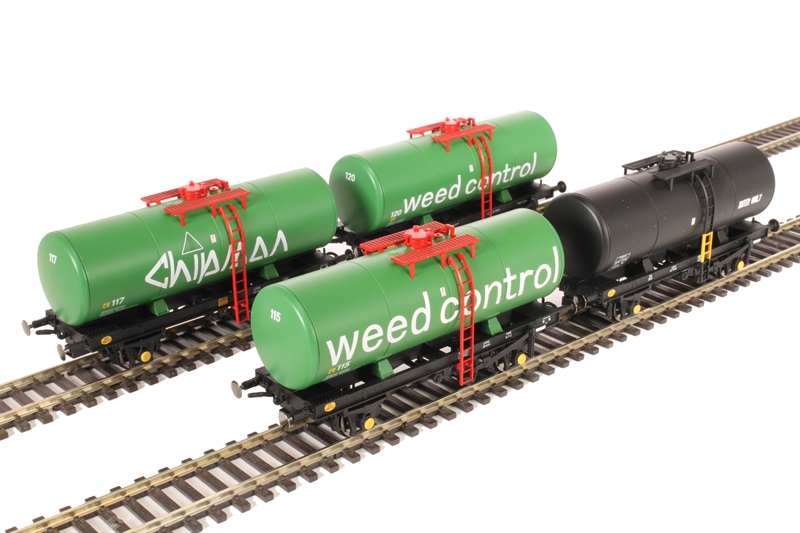

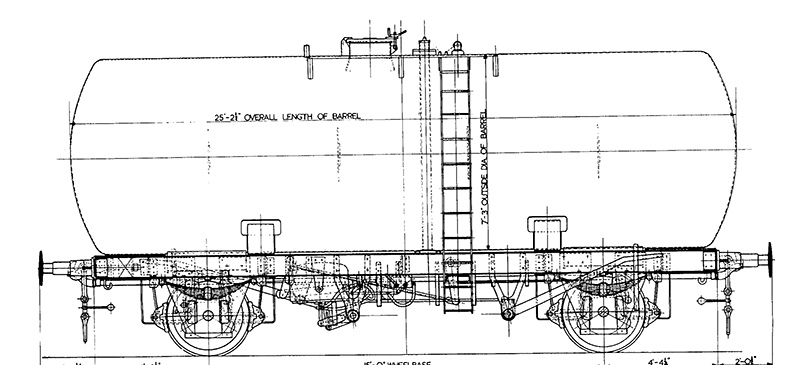
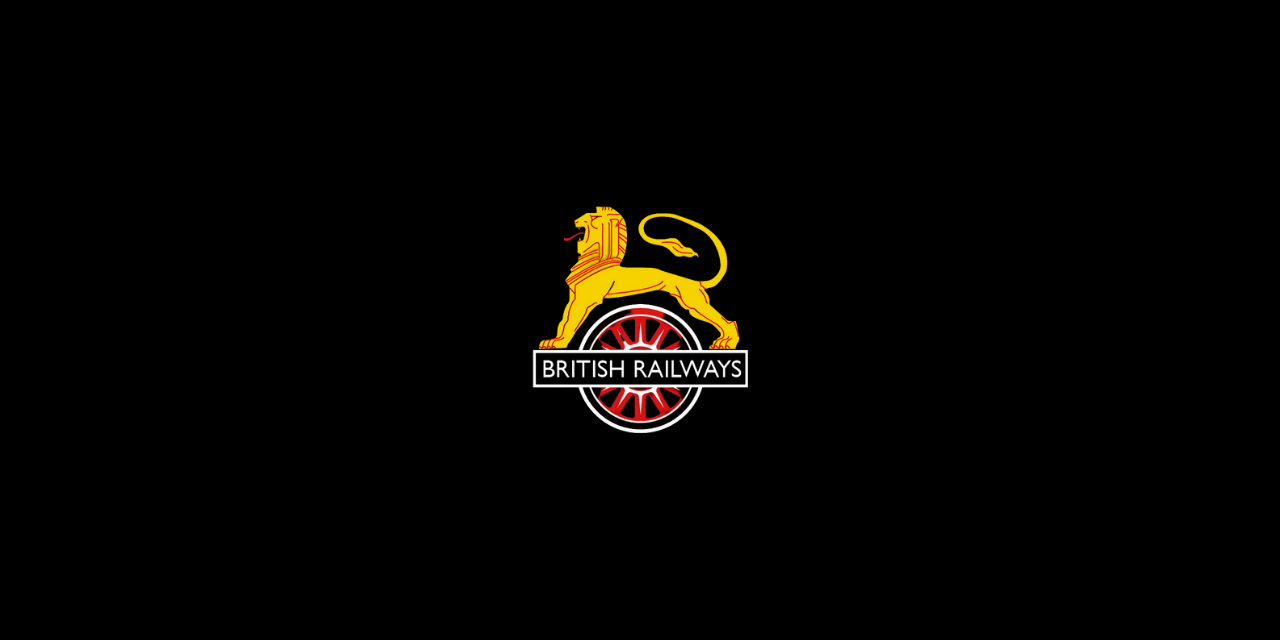 BR plain black
BR plain black
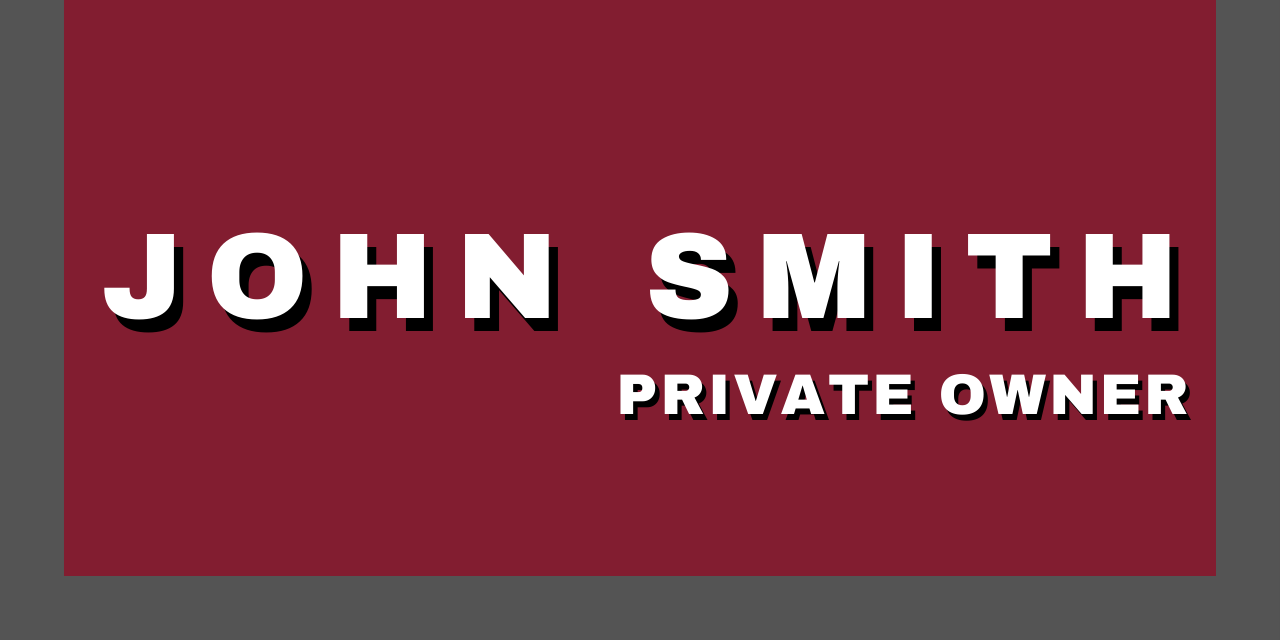 Private Owner
Private Owner
 Commemorative / Special event
(Fictitious)
Commemorative / Special event
(Fictitious) 
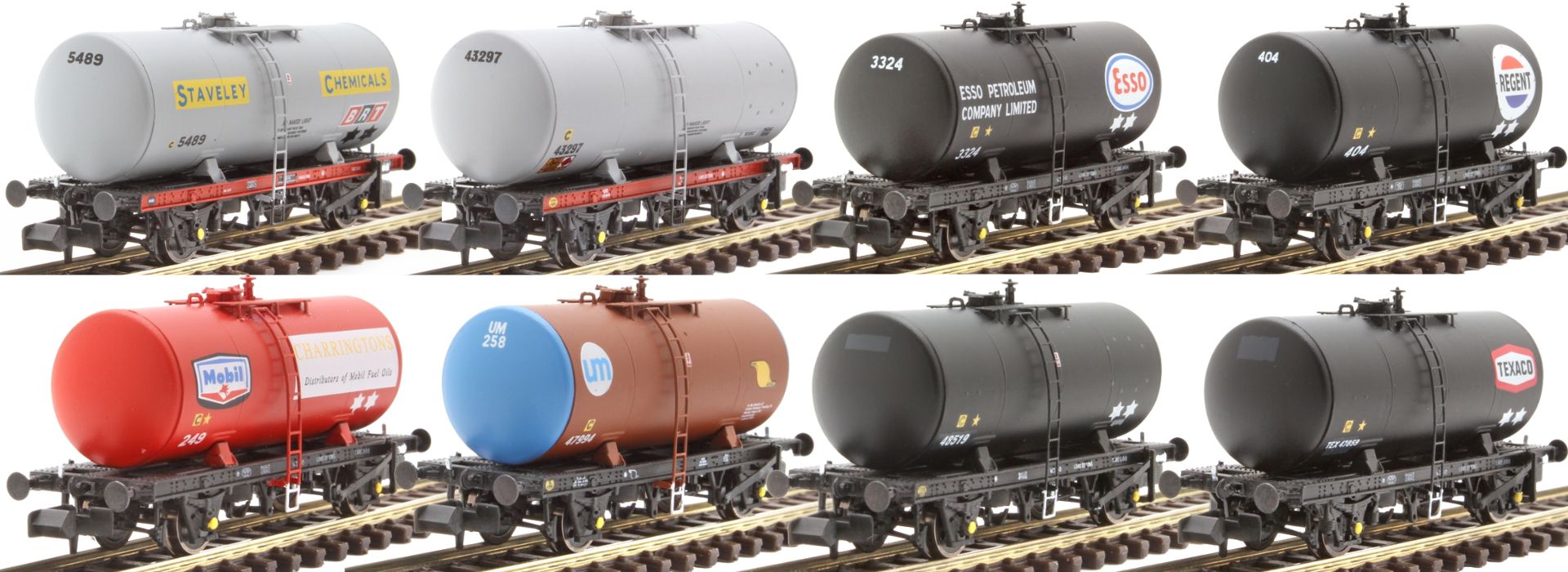
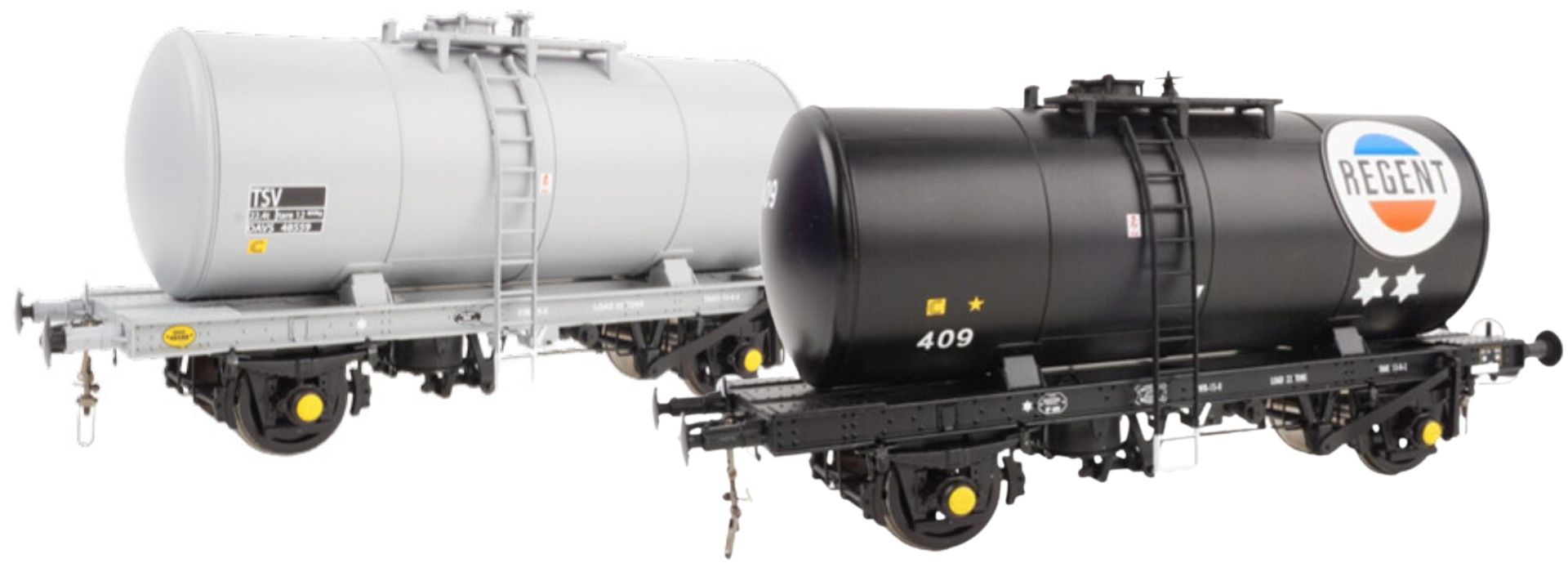
 BR departmental olive
BR departmental olive
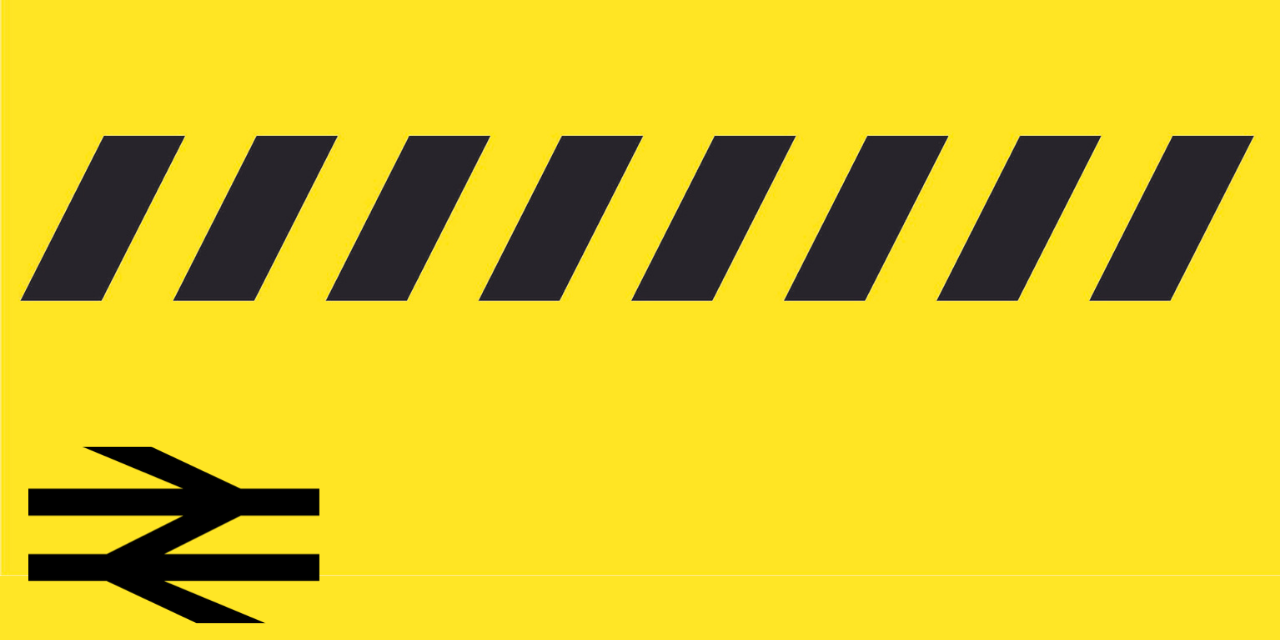 BR engineers yellow
BR engineers yellow